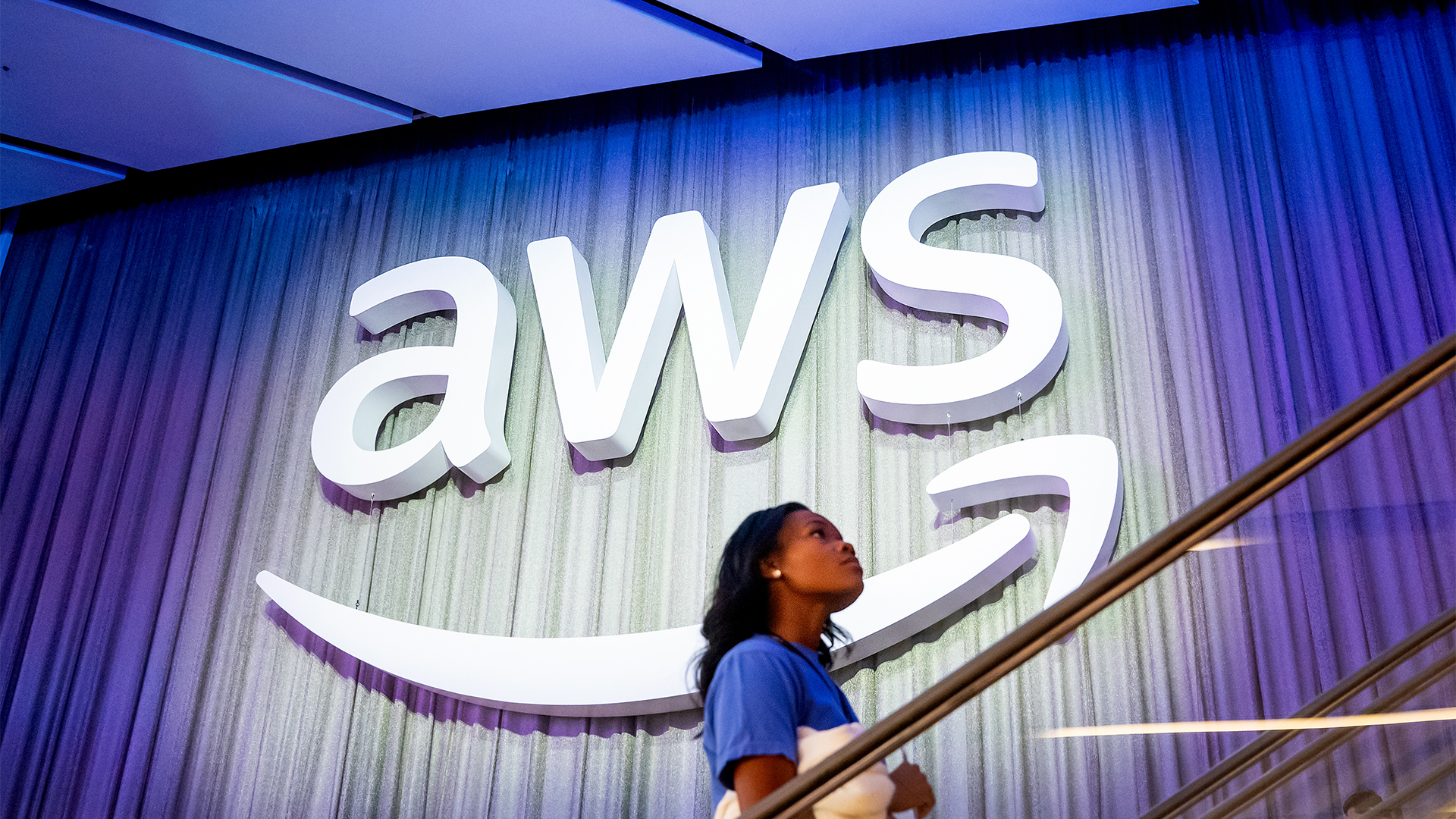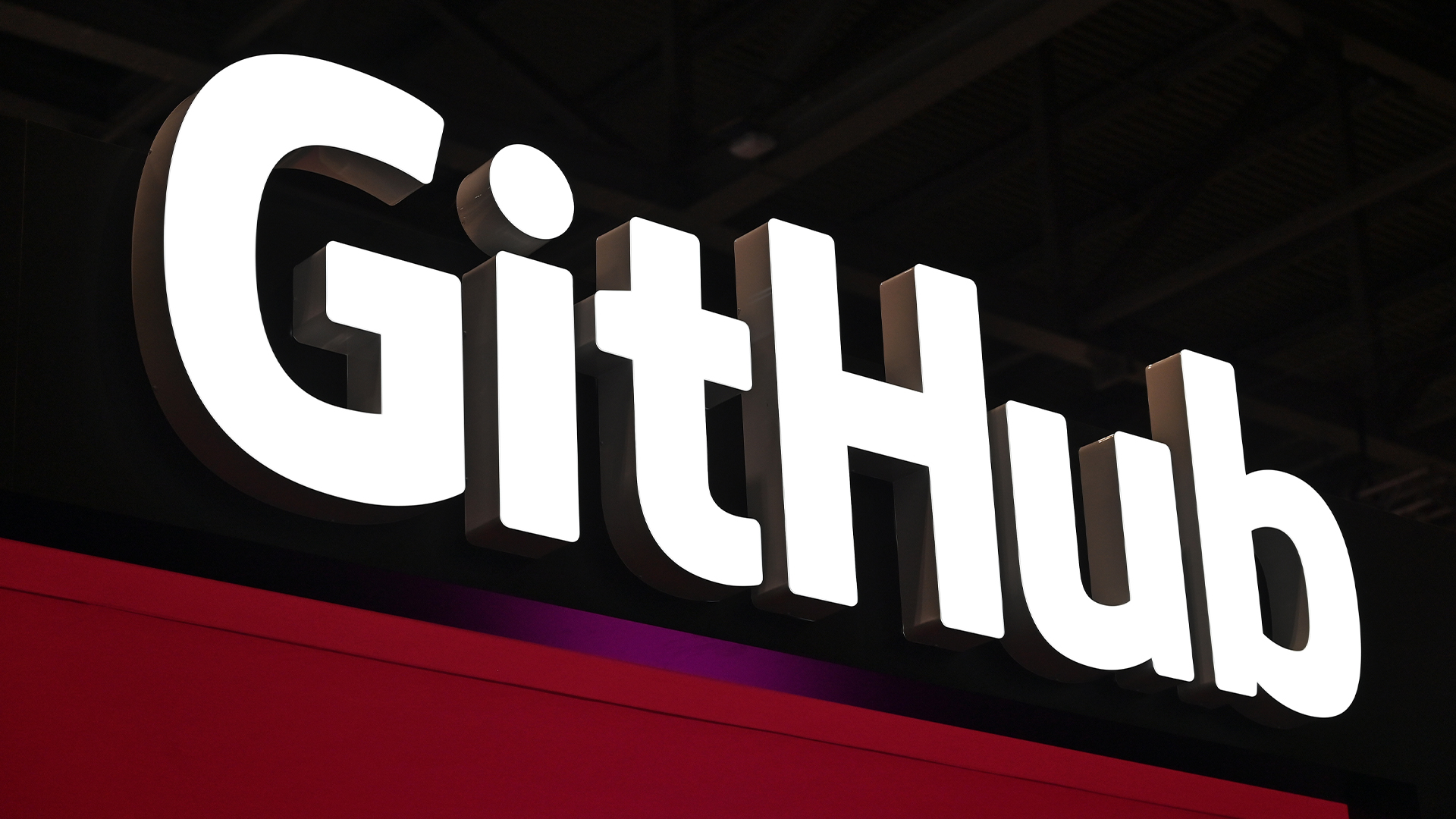Github launches ‘Patreon for coders’
Github Sponsor tool allow fans to financially support open source devs


Github has launched new capabilities to allow developers to earn money for the voluntary work they do on maintaining open source projects by letting individuals sponsor them.
Announced at Github Satellite in Berlin, the new Github Sponsor tool allows community members to contribute directly to the people behind their favourite tools and repos via a recurring monthly payment, in exchange for benefits provided by the developer.
The new functionality is similar to crowdfunding platform Patreon, in that developers who choose to opt into becoming sponsored are able to set their own monthly subscription tiers and associated benefits.
Anyone with a Github account can register to become a sponsor, and it's not just developers who can receive sponsorship. The scheme is open to anyone who contributes to an open source project. Contributions, according to Github, include (but are not limited to) "bug reports, issue triage, code, documentation, leadership, business development, project management, mentorship, and design".
To make the idea even more enticing, Github has also pledged to match its users' contributions up to a total of $5,000 per sponsored developer for the first year that they're sponsored. It has also announced that it will not charge any commission on payments (for now, at least) and will also foot the bill for any payment processing fees for the first year of the scheme's operation.
Alongside individual sponsorship, Github is also enabling developers to list any collective funding sources they may have directly from a project's master branch. Maintainers and contributors can add links to services including Open Collective, Community Bridge, Tidelift, Ko-fi, and Patreon, as well as listing any sponsored developers that contribute to the project.
The project is currently in beta, and any developers who are interested in becoming sponsored can register their interest in joining the next phase of the beta by adding themselves to the waiting list. The programme is available in every country where Github operates.
Sign up today and you will receive a free copy of our Future Focus 2025 report - the leading guidance on AI, cybersecurity and other IT challenges as per 700+ senior executives
The news marks the first major shake-up to how Github operates since Microsoft bought the platform almost a year ago. However, the introduction of new revenue streams for individual developers isn't the only change that the software giant has introduced. Alongside Github Sponsor, the company also announced a number of changes to make Github more business-friendly.
Github has now introduced 'enterprise accounts' - a new class of account that allows admins to centrally manage and monitor corporate employees' access for compliance and security purposes. In addition, new 'Triage' and 'Maintain' roles have been added; these roles have a more limited set of permissions, allowing admins to call in additional help on an issue without granting write privileges on the repo in question.
Also announced were a set of new auditing tools, including an API to access Github's audit logs, a dashboard allowing enterprises to monitor their open source dependencies (for the purposes of identifying vulnerabilities caused by bugs like Heartbleed, for example), automated patches, at-rest encryption for Wikis, Gists and git data, and a new partnership with security firm WhiteSource to help with faster open source vulnerability remediation.
New internal collaboration tools have been introduced too; companies can create internal code repositories that only their developers have access to (with a view to increasing internal code-sharing without having to make it publicly available), and pull requests can now be saved as drafts before being formally submitted. Enterprise Github users will also be able to set statuses indicating whether they're available, out of office, off sick and so on.
Finally, internal analytics have been introduced, so admins can track how many pull requests and commits their users make, as well as the top languages within use throughout the organisation and other data.
Adam Shepherd has been a technology journalist since 2015, covering everything from cloud storage and security, to smartphones and servers. Over the course of his career, he’s seen the spread of 5G, the growing ubiquity of wireless devices, and the start of the connected revolution. He’s also been to more trade shows and technology conferences than he cares to count.
Adam is an avid follower of the latest hardware innovations, and he is never happier than when tinkering with complex network configurations, or exploring a new Linux distro. He was also previously a co-host on the ITPro Podcast, where he was often found ranting about his love of strange gadgets, his disdain for Windows Mobile, and everything in between.
You can find Adam tweeting about enterprise technology (or more often bad jokes) @AdamShepherUK.
-
 Microsoft is shaking up GitHub in preparation for a battle with AI coding rivals
Microsoft is shaking up GitHub in preparation for a battle with AI coding rivalsNews The tech giant is bracing itself for a looming battle in the AI coding space
-
 ‘1 engineer, 1 month, 1 million lines of code’: Microsoft wants to replace C and C++ code with Rust by 2030 – but a senior engineer insists the company has no plans on using AI to rewrite Windows source code
‘1 engineer, 1 month, 1 million lines of code’: Microsoft wants to replace C and C++ code with Rust by 2030 – but a senior engineer insists the company has no plans on using AI to rewrite Windows source codeNews Windows won’t be rewritten in Rust using AI, according to a senior Microsoft engineer, but the company still has bold plans for embracing the popular programming language
-
 AWS says ‘frontier agents’ are here – and they’re going to transform software development
AWS says ‘frontier agents’ are here – and they’re going to transform software developmentNews A new class of AI agents promises days of autonomous work and added safety checks
-
 Google CEO Sundar Pichai thinks software development is 'exciting again' thanks to vibe coding — but developers might disagree
Google CEO Sundar Pichai thinks software development is 'exciting again' thanks to vibe coding — but developers might disagreeNews Google CEO Sundar Pichai claims software development has become “exciting again” since the rise of vibe coding, but some devs are still on the fence about using AI to code.
-
 Google Brain founder Andrew Ng thinks everyone should learn programming with ‘vibe coding’ tools – industry experts say that’s probably a bad idea
Google Brain founder Andrew Ng thinks everyone should learn programming with ‘vibe coding’ tools – industry experts say that’s probably a bad ideaNews Vibe coding might help lower the barrier to entry for non-technical individuals, but users risk skipping vital learning curves, experts warn.
-
 GitHub is scrapping some Claude, OpenAI, and Gemini models in Copilot – here's what you need to know and what alternatives are available
GitHub is scrapping some Claude, OpenAI, and Gemini models in Copilot – here's what you need to know and what alternatives are availableNews GitHub Copilot users are urged to switch to the newer models following the retirement cut-off
-
 Anthropic’s new Claude Code web portal aims to make AI coding even more accessible
Anthropic’s new Claude Code web portal aims to make AI coding even more accessibleNews Claude Code for web runs entirely in a user’s browser of choice rather than in a command-line interface and can be connected directly to chosen GitHub repositories.
-
 The UK’s aging developer workforce needs a ‘steady pipeline’ of talent to meet future demand – but AI’s impact on entry-level jobs and changing skills requirements mean it could be fighting an uphill battle
The UK’s aging developer workforce needs a ‘steady pipeline’ of talent to meet future demand – but AI’s impact on entry-level jobs and changing skills requirements mean it could be fighting an uphill battleAnalysis With the average age of developers in the UK rising, concerns are growing about the flow of talent into the sector


